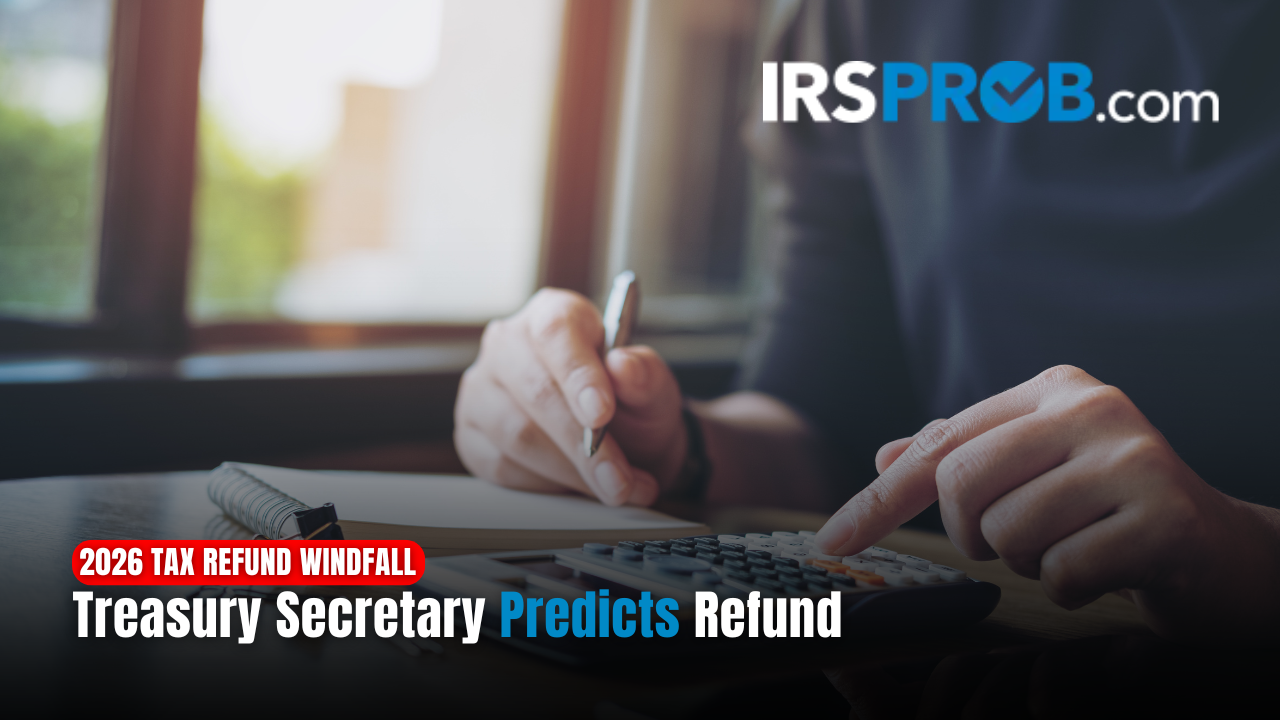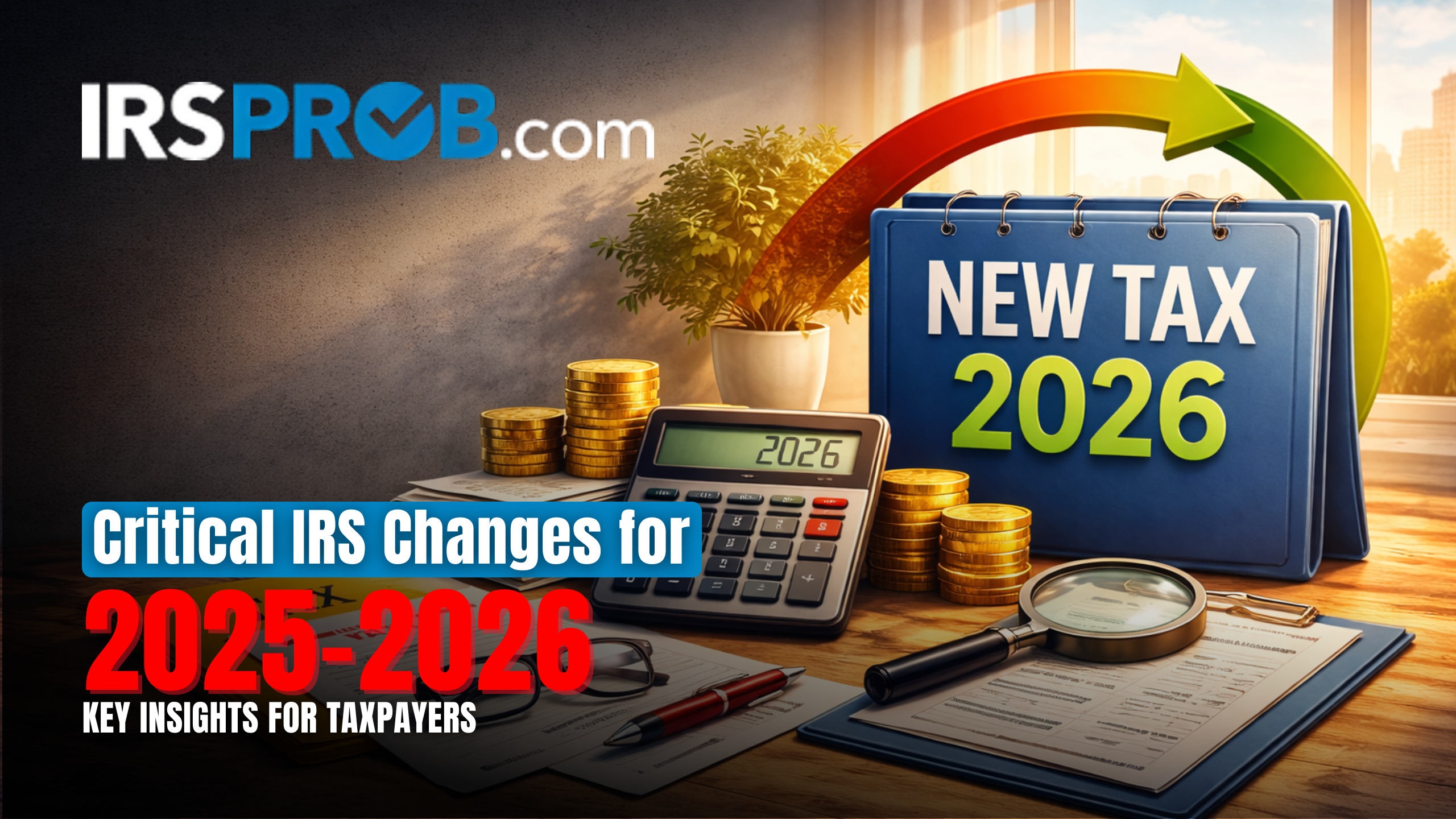
For many business owners, tax season means facing one of the largest bills of the year. While paying taxes might not be anyone’s idea of fun, did you know you can pay your federal taxes with a credit card? This strategy offers unique benefits, such as earning rewards or extending your payment timeline, but it also comes with costs and risks. Here’s a breakdown of what you need to know before swiping your card to settle up with the IRS.
Why Consider Using a Credit Card for Taxes?
- Earning Rewards: If your credit card offers cash back or rewards, you could benefit from charging your tax bill. However, third-party processors charge a fee between 1.85% and 1.98%. For example, a $10,000 tax bill could generate rewards, but after a fee of around $185-$198, the value of basic rewards may be marginal. However, if you’re working toward a large sign-up bonus (like 150,000 points on the American Express Platinum card), this strategy could provide significant benefits.
- Meeting Spend Requirements: Many premium cards offer substantial bonuses for new cardholders who meet certain spending thresholds. Using a tax payment to meet this threshold can be a smart move. For example, if you need to spend $15,000 within a few months to earn a bonus, putting a tax payment on a new card can make hitting that target much easier.
- Chasing Elite Status: If you are close to earning elite status with an airline or hotel program, a tax payment can help push you over the finish line. Some cards allow you to earn miles or points toward elite status when you meet high spending levels, providing additional travel perks.
- Deferring Payment with a 0% APR: A credit card with an introductory 0% APR offer allows you to spread your payments over a year or more, interest-free. For example, the Bank of America Unlimited Cash Rewards card offers 0% interest for 18 billing cycles, which can provide valuable breathing room.
Potential Downsides of Using a Credit Card
- Processing Fees: All third-party processors charge fees to cover credit card payments to the IRS. For some business owners, these fees may negate the rewards or benefits.
- Interest Costs: If you don’t pay off your balance within the interest-free promotional period, you could be hit with high interest charges. Even with a 0% APR offer, missing a payment deadline can lead to expensive interest fees.
- Credit Score Impact: A high credit card balance affects your credit utilization ratio, potentially lowering your credit score. For business owners considering a major loan, like a mortgage, this could result in higher interest rates.
How to Pay Taxes with a Credit Card
The IRS doesn’t directly accept credit card payments. Instead, you must go through an approved third-party processor:
- PayUSAtax: 1.85% fee
- Pay1040: 1.87% fee
- ACI Payments, Inc.: 1.98% fee
After selecting a processor, enter your taxpayer details, select your payment type, and provide your credit card information. Remember that individuals can make up to six credit card payments per year across the three processors.
Alternative Payment Options
For those who can’t afford to pay their taxes in full, there are other options:
- Installment Plans: The IRS offers installment plans to help spread payments over a period, reducing the risk of high credit card interest.
- Offer in Compromise: If paying your full tax bill is out of reach, you might be eligible for an Offer in Compromise, which can reduce your total tax liability.
Is Paying Taxes with a Credit Card Right for You?
Paying taxes with a credit card can be a viable option for some business owners, especially those looking to capitalize on rewards, meet spending bonuses, or defer payments temporarily. However, it’s essential to weigh the processing fees and consider how it may impact your credit score. Always explore other IRS payment options if you’re unable to pay your tax bill in full, as alternatives like installment plans could offer better terms without the risks associated with credit card debt.







